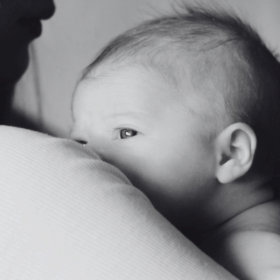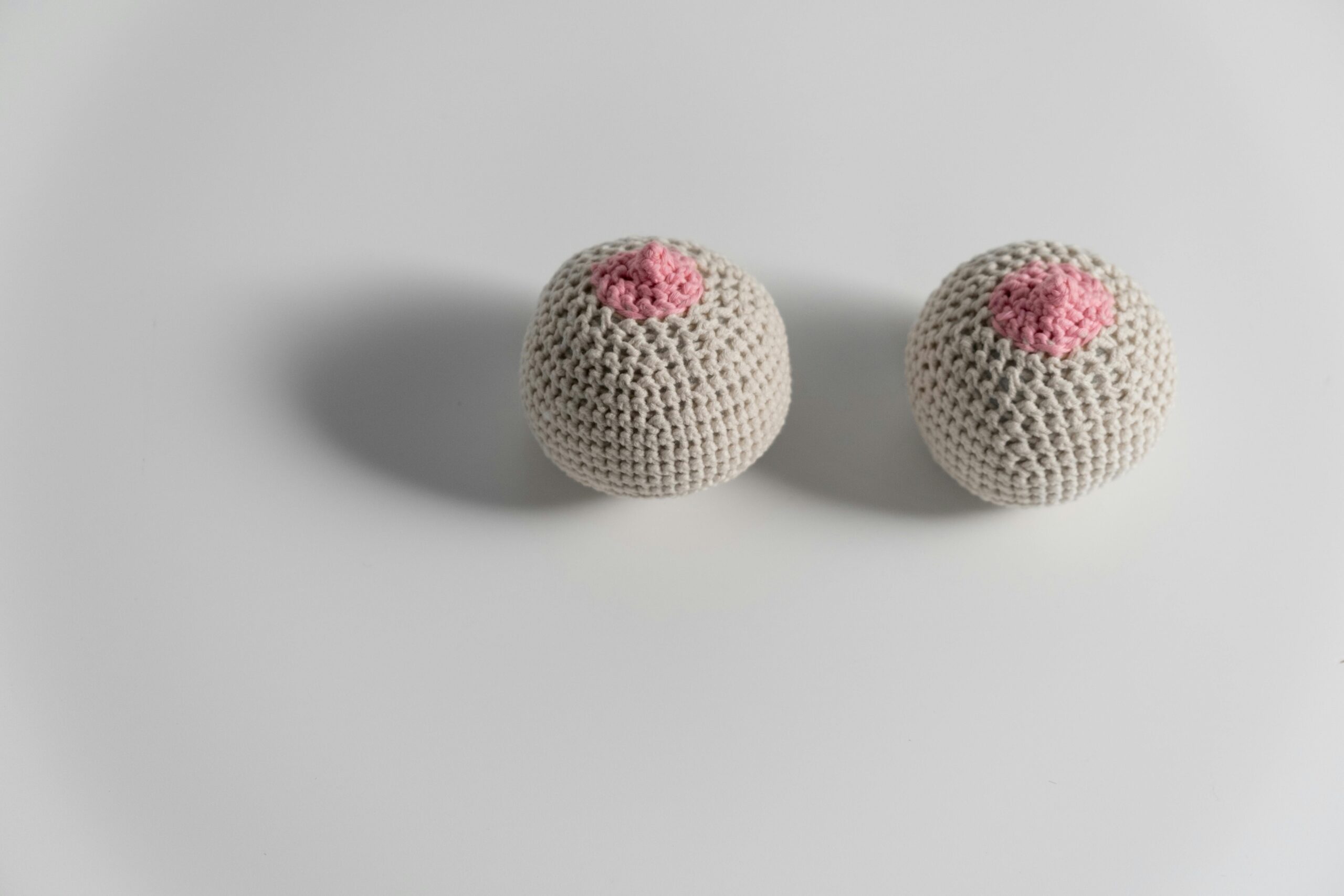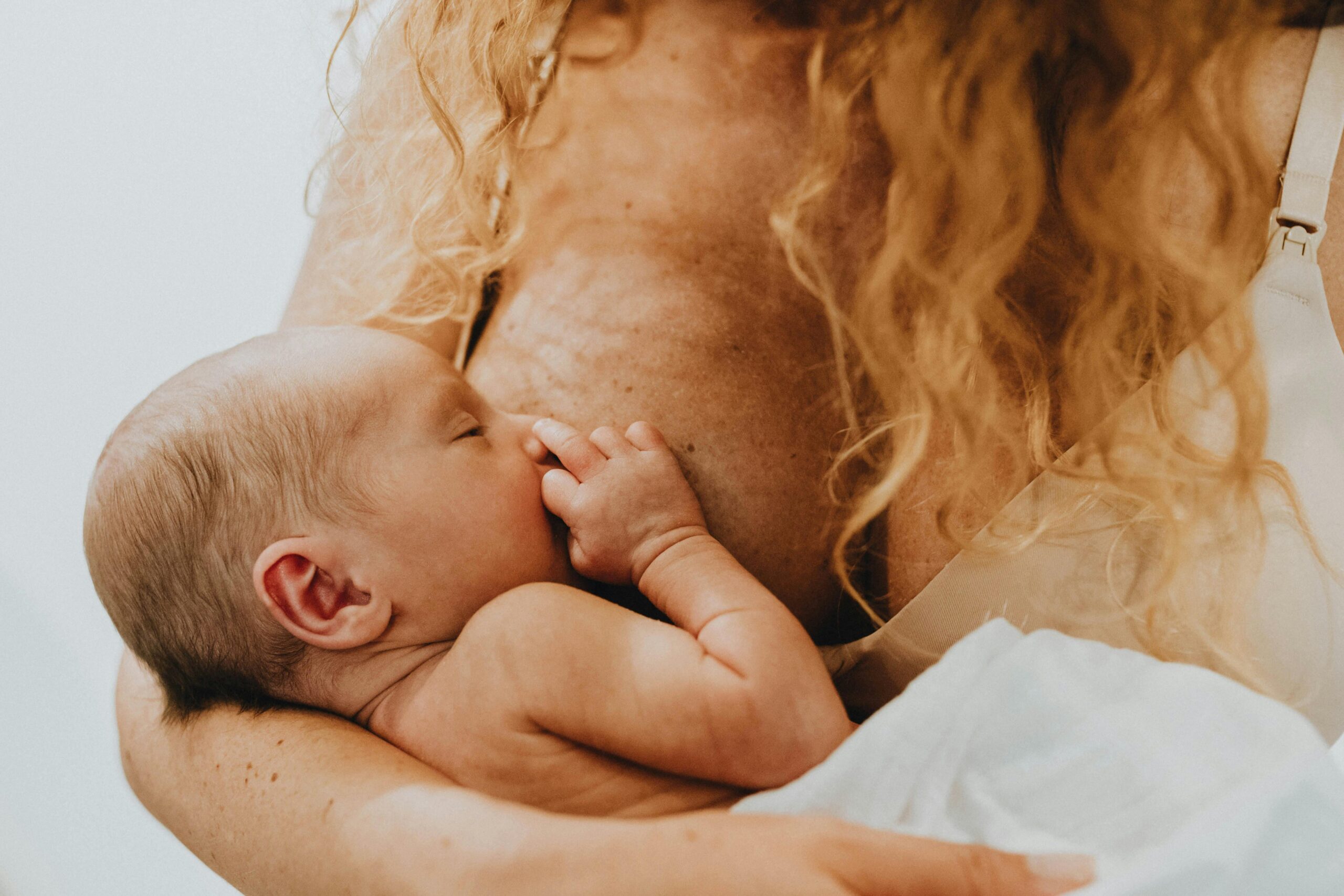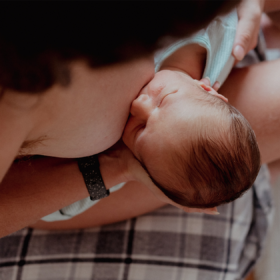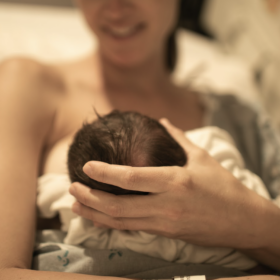
Can you take the morning-after pill while breastfeeding?
What's the lowdown?
The morning-after pill is safe to take while breastfeeding
You can take other forms of contraception that are safe for breastfeeding immediately after childbirth such as the mini-pill IUD, IUS, injection and implant
Wait six weeks after childbirth before using combined contraception methods, such as the vaginal ring, the patch and the combined pill
Breastfeeding can in some cases be used as a form of contraception if used as part of the Lactational Amenorrhea method
If you’re breastfeeding and need emergency contraception, you may be wondering whether taking the morning-after pill is effective and safe. Here’s the Lowdown on what you really need to know, including how it will affect your breast milk and other hormone-free options you can explore.
When should I take the morning-after pill?
The emergency contraceptive pill, also known as the morning-after pill , can prevent pregnancy after unprotected sex. Unprotected sex refers to sexual activity where no contraception was used, was used incorrectly (such as missed pills, a late injection or implant), or has failed, such as a condom breaking. In these instances, taking the morning-after pill can help prevent unintended pregnancy.
The window of time you’ll have to take the pill after unprotected sex will depend on the type of morning-after pill. You can check out which morning-after pill is right for you here, but for now, let’s discuss the relationship between emergency contraception and breastfeeding.
Is the morning-after pill safe to take while breastfeeding?
Yes, taking the morning-after pill is generally considered to be safe to take while breastfeeding. However, the side effects may vary depending on the type. Currently, there are two types of morning-after pills available on the market. The first type contains levonorgestrel and it includes brands such as Levonorgestrel, Ezinelle, and Levonelle One Step. The second type, ellaOne, contains ulipristal acetate.
Both types of morning after pills are safe to use 21 days after childbirth, there’s no need to use contraception before then⁽¹⁾. However, if you are breastfeeding it’s always important to check that medications are safe before you take them – hence this article!
Can I breastfeed after taking the morning-after pill?
Yes, you will be able to breastfeed after taking the morning-after pill.
The quantity and consistency of breast milk for women who took the morning-after pill containing levonorgestrel did not differ significantly from those who did not take emergency contraception⁽²⁾.
As for ellaOne, until recently, women were advised to “pump and dump” by expressing and discarding breastmilk for 7 days after taking ellaOne. However, more recent clinical guidance shows that the amount of ulipristal acetete (the ingredient in ellaOne) transferred into breastmilk is very very low, so it is considered safe while breastfeeding⁽³⁾. No more puming and dumping!
Does the morning-after pill affect breast milk?
The evidence on levonorgestrel-based emergency contraception (LNG-EC) suggests no significant differences in milk production and infant health and development between women who took this type of emergency contraception and women who didn’t⁽¹⁾. It is therefore considered safe for your baby to consume the milk after taking this morning-after pill type.
For one of the most commonly used pills, Levonelle, you might have a small amount of hormones pass into the breast milk, but you shouldn’t worry, as it’s not harmful to the baby.
No research has looked into whether ellaOne affects the amount or consistency of breastmilk you produce, but it is still considered safe to take while breastfeeding.
Can I use other forms of contraception while breastfeeding?
While contraception is generally not required for the first three weeks (21 days) after childbirth, you might want to think about which contraception method to adopt after this period or start a method before then to ensure you are covered. The good news is that plenty of safe options are available while breastfeeding – some of which you can use immediately after giving birth.
The copper IUD is a great option to consider since it doesn’t affect breast milk quantity or consistency. IT can be used both as emergency contraception and ongoing contraception. You can have it inserted as soon as 28 days after childbirth or within the first 48 hours. However, it’s important to note that it comes with a small risk of perforation.
Hormonal contraception also provides several safe and effective options that can be started immediately after childbirth; these include:
- Progestogen-only pill (mini pill)
- Injection
- Implant
- Hormonal coil
Keep in mind that if you choose to go for the hormonal coil, you’ll have to wait 28 days before insertion, just like with the copper IUD, unless you can have it fitted within 48 hours of birth⁽⁵⁾.
Combined contraception methods such as the combined pill, the vaginal ring or the patch are also safe to use while breastfeeding, but should be started no earlier than six weeks after childbirth⁽⁵⁾.
Your maternity team be able to organise for an IUD or IUS to be fitted at the time of delivery, for example if you’re having a planned caesarean section. Some maternity services may have someone who can give you the injection, or fit an implant for you. If the procedure cannot be carried out due to timing or staff shortages, they will direct you to where you can obtain your chosen contraceptive and offer an alternative in the meantime.
If you want to know more about which method is best for you, check out Dr. Fran’s incredibly comprehensive guide to contraception after childbirth for a deep dive into each method.
If you have any other doubts or need advice on which contraception to use while breastfeeding, you can book a call with one of our lovely women’s health GPs, who can help you choose the best option for you.
Can I use breastfeeding as a form of contraception?
Yes, but only in some cases and if you follow very specific criteria. A pretty cool but lesser-known fact about breastfeeding is that it’s actually 98% effective in preventing pregnancy if used as the lactational amenorrhea method (LAM). This is how the method works: if your baby is less than six months old, and you exclusively breastfeed both day and night without experiencing menstruation, then you can depend on breastfeeding as your method of contraception. However, if any of these circumstances change, such as your baby starting to sleep through the night and feeding less or using other supplements such as baby formula or using a dummy as a comforter, you will require an alternative, reliable, reliable form of contraception. Get the Lowdown on breastfeeding and contraception.
If you’re unsure whether the LAM method would work for you, why not book a consultation with one of our GPs to discuss it further.
Our medical review process
This article has been medically reviewed for factual and up to date information by a Lowdown doctor.


